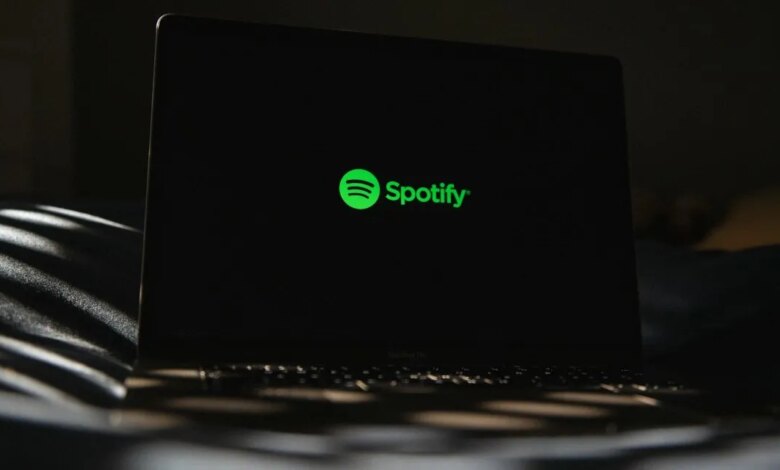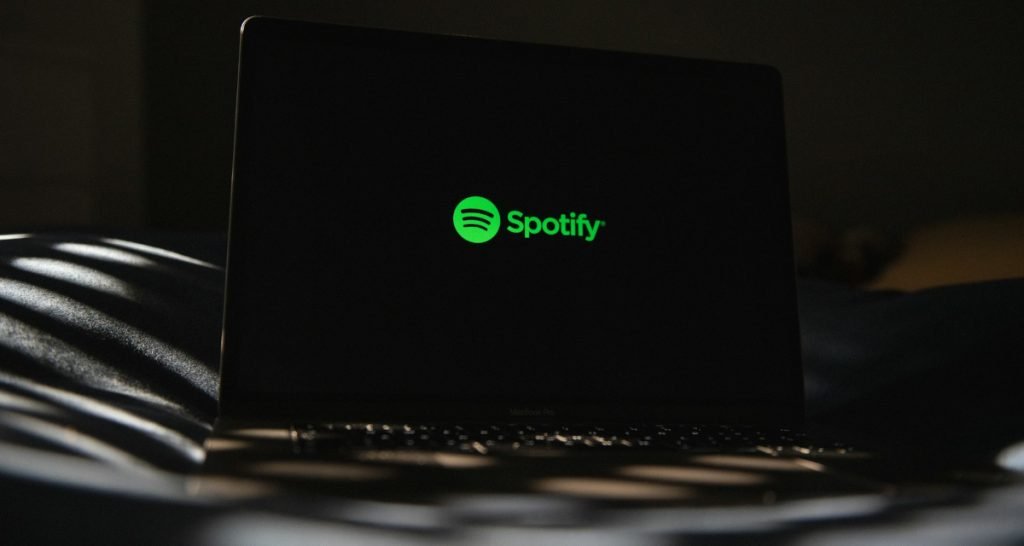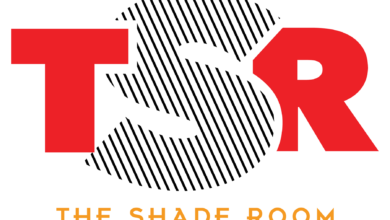Spotify Urges MLC Lawsuit Dismissal, Defends Bundling Frenzy: ‘Books Are Not Music, and Audiobook Streaming Is Not Music Streaming’


Spotify has outlined its arguments in favor of dismissing a bundling-centered lawsuit filed by the MLC. Photo Credit: Thibault Penin
Spotify has officially shed light on its dismissal arguments concerning the unpaid-royalties lawsuit filed by the Mechanical Licensing Collective (MLC).
The music streaming giant, in keeping with an updated July response deadline, just recently previewed those arguments in a pre-motion letter to the court. It’s now been a little over two months since the MLC levied the overarching complaint, alleging, in short, that Spotify’s new audiobook “bundles” don’t constitute multi-package offerings.
Though the distinction might appear inconsequential, it’s extremely important from the perspective of calculating stateside mechanical royalties. DMN Pro has explored the highly complex subject with multiple deep-dive analyses, painting a comprehensive picture of what exactly the changes mean for publishers.
In the interest of brevity, with close to 100% of Spotify’s U.S. subscriptions classified as bundles thanks to the shift – largely the result of a standalone audiobook plan’s rollout – the platform is poised to pay hundreds of millions of dollars less under the Phonorecords IV determination.
And especially as that determination runs through 2027’s end, the move is hardly sitting right with the MLC and the National Music Publishers’ Association (NMPA).
Since the former entity filed this suit in mid-May, Spotify has made unbundled audiobook-free subscriptions available. But the alleged difficulty associated with finding music-only plans, not to mention the fact that existing Spotify customers will have to switch subscriptions manually, means a widespread pivot back to unbundled subs is unlikely (at least in the near term).
Moreover, even if progress does arrive on this front, Spotify reclassified its packages as bundles back in March; as calculated by DMN Pro based on fully vetted major music publisher royalty statements, the publishing space is already missing out on north of $10 million in U.S. mechanicals monthly.
Bigger picture, we noted that there’s seemingly nothing preventing Apple Music (which offers the standalone Apple Music Classical to Music subscribers) and others from taking a few simple steps to unlock massive bundling-fueled savings of their own.
It’s against this backdrop that the MLC is finding fault with the audiobook classifications. Predictably, Spotify and its counsel in the aforementioned pre-dismissal letter indicated that the platform doesn’t feel the same way.
After dedicating several paragraphs to a recap of the situation – and a decidedly brass-tacks breakdown of how bundling affects Phono IV mechanical calculations – Spotify and its attorneys took aim at the “facially implausible and wrong” arguments.
“Audiobooks—as part of Spotify Premium, and elsewhere in the market—have significant, demonstrable value, and MLC’s effort to rewrite the very royalty terms to which copyright holders agreed, and which the CRB enacted into law less than two years ago, should be rejected out of hand,” the service summarized.
“Second, 15 hours of audiobook streaming plainly constitutes an ‘other product or service,’” proceeded Spotify. “Books are not music, and audiobook streaming is not music streaming. Books are mainstream products offered both by Spotify and competitors via downloads and subscription streaming and, importantly, they are created and licensed by different rights holders (i.e., book authors and publishers) who charge separate license fees.”
Not stopping there, the profitable defendant criticized as “irrelevant to the legal question” the window separating Spotify’s original audiobooks integration and the actual bundling recalibration on royalty statements.
Furthermore, according to the service, under Phono IV, it doesn’t make a difference (legally, that is) whether the audiobooks tier is difficult for customers to find.
“MLC also takes issue with how Spotify initially marketed Audiobook Access,” the company continued, “suggesting that it was hard for potential customers to find on Spotify’s website… But again, even accepting those allegations as true, they have no bearing on whether Spotify Premium meets the legal definition of a Bundle. Spotify is not required to make available its separate Audiobook Access product at all, let alone market it in any particular way.
“It is simply implausible to suggest that streaming of books created and licensed by another set of copyright owners is worthless,” Spotify concluded of its support for dismissal with prejudice.
As to where the case goes from here, the presiding judge in a scheduling order today revealed plans to keep things chugging along, including with an August 9th deadline for document requests and a November 19th wrap date for any depositions. Meanwhile, the next case management conference has been teed up for December 9th.
Well before that, the MLC intends to follow up on or around July 26th with a letter refuting Spotify’s arguments.


